CHAN triumph to World Cup dreams: Morocco’s unstoppable rise
From dominating the African Nations Championship to edging closer to a World Cup ticket, Morocco’s football revolution is rewriting the continent’s sporting history.
CHAN triumph to World Cup dreams: Morocco’s unstoppable rise
By Fred Kaweesi
Journalists @New Vision
__________________
From Casablanca to Tangier, Rabat to Agadir, locals are still partying days after their 3-2 win against Niger in the Africa Nations Championship (CHAN) on Saturday.
For yours truly, it is such a privilege to be part of Morocco’s CHAN celebrations in what is going to be a historic week for Moroccan football.
▪️ Morocco win record third CHAN title after beating Madagascar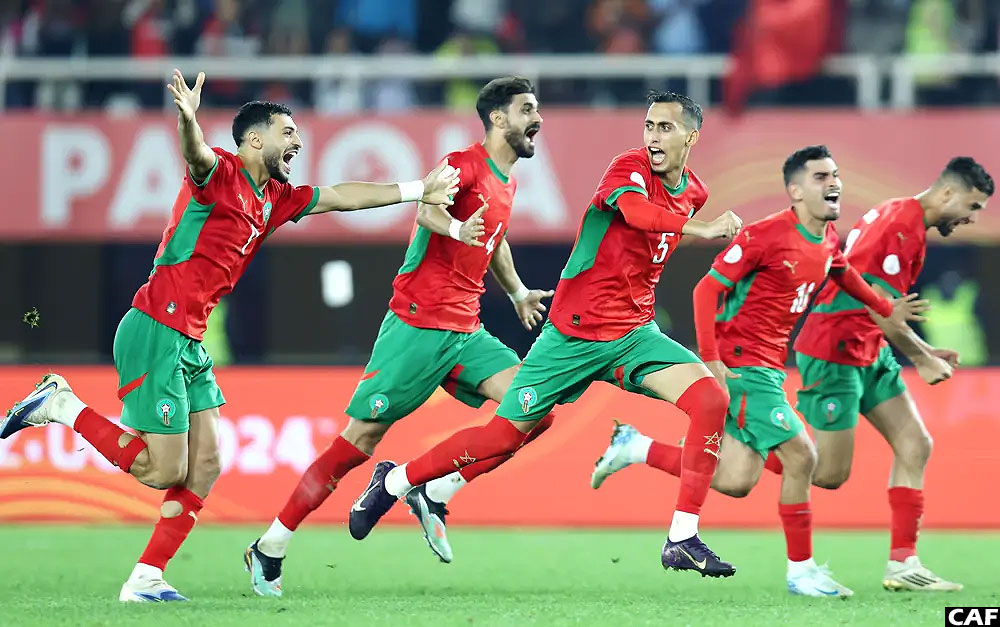
On Friday, to be specific, Morocco is expected to seal its qualification to the 2026 World Cup. All they need is a draw to book a direct flight to the global finals.
And on the same day, Morocco’s CHAN representatives are expected to parade their CHAN trophy in front of King Mohammed and a capacity 70,000 crowd at the Moulay Stadium. All this will coincide with the official opening of Mouley Stadium.
Surely, Morocco are the ultimate standard of excellence in African football.
The North African country is the model for success in African football due to its sports reforms and unparalleled success on the continent and beyond.
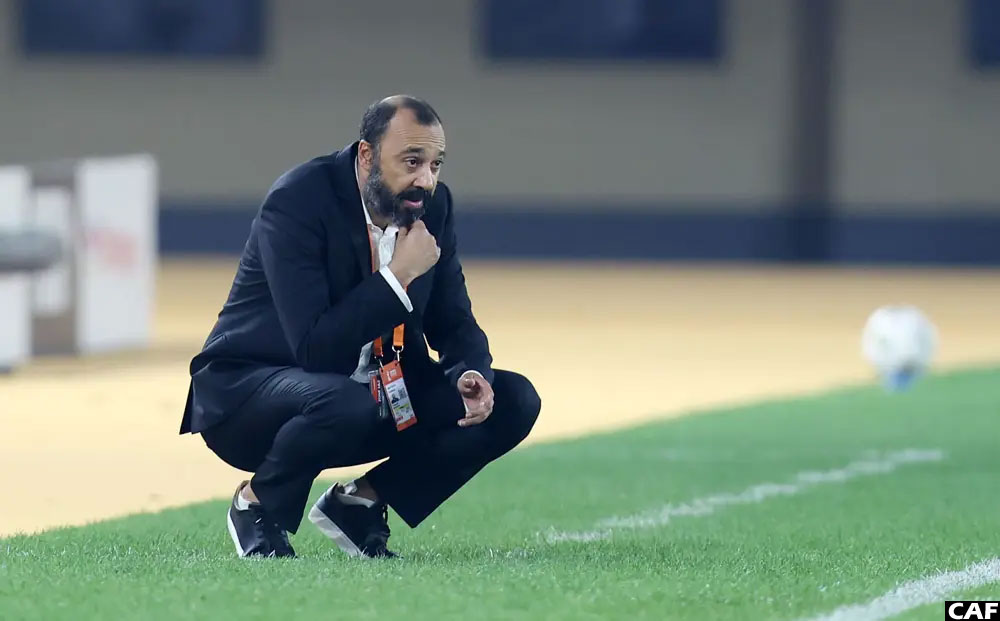
The list is endless. You have got the 1976 AFCON, three African Nations Championship (CHAN) titles in 2018, 2020 and 2025, the U23 Africa Cup of Nations in 2023, and the 2022 FIFA Futsal Confederations Cup.
Moroccan clubs have also won a total of 25 CAF club titles, which include seven CAF Champions League titles, eight CAF Confederation Cup titles, five CAF Super Cups, one African Cup Winners' Cup, two CAF Cups, and two Afro-Asian Club Championship titles.
But even the times Morocco have not won the overall title, their national teams have made significant strides.
The Atlas Lions reached the semi-finals of the FIFA World Cup Qatar 2022, the women’s national team stormed the round of 16 at the 2023 FIFA Women’s World Cup, while the U17s marched into the last 16 of the FIFA U17 World Cup.
While available statistics rank them as the second most decorated nation in African club competitions, after Egypt, Morocco stand out as the benchmark for sustained excellence in the sport.
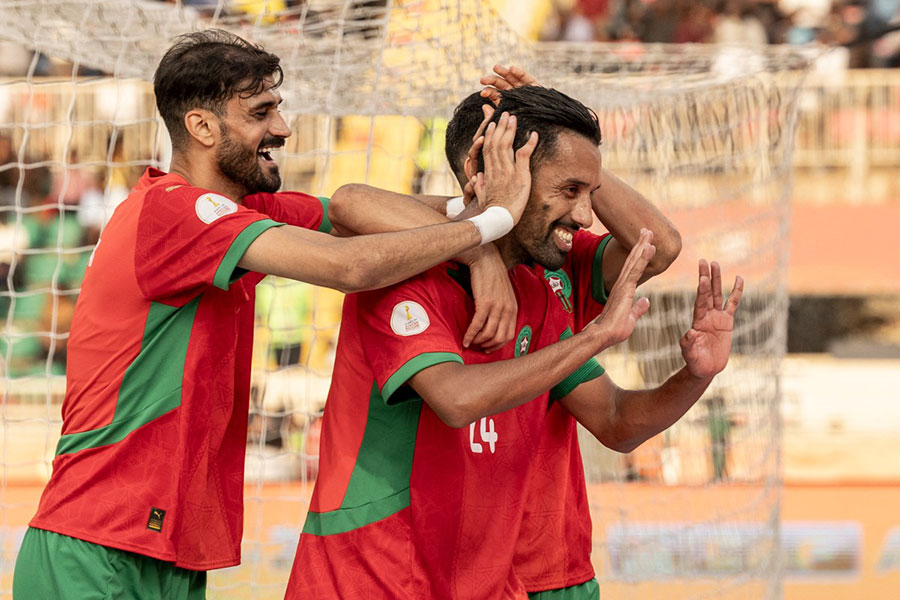
Morocco’s defender #24 Mohamed Rabie (R) celebrates with teammates after scoring his team's first goal during the African Nations Championship (CHAN) group stage football match between Morocco and Zambia at Nyayo Stadium in Nairobi. (AFP photo)
Clearly, Morocco’s success story in recent years, not to mention the country’s successful bid to host the FIFA World Cup 2030 alongside Spain and Portugal, are no fluke, but a result of several factors and a reward of a carefully constructed national strategy that has been years in the making.
Let’s break them down.
King Mohammed VI
The story behind Morocco’s successful journey starts with King Mohammed VI.
In 2007, King Mohammed VI expressed his vision for the national sport to become a tool for social and professional integration for young people.
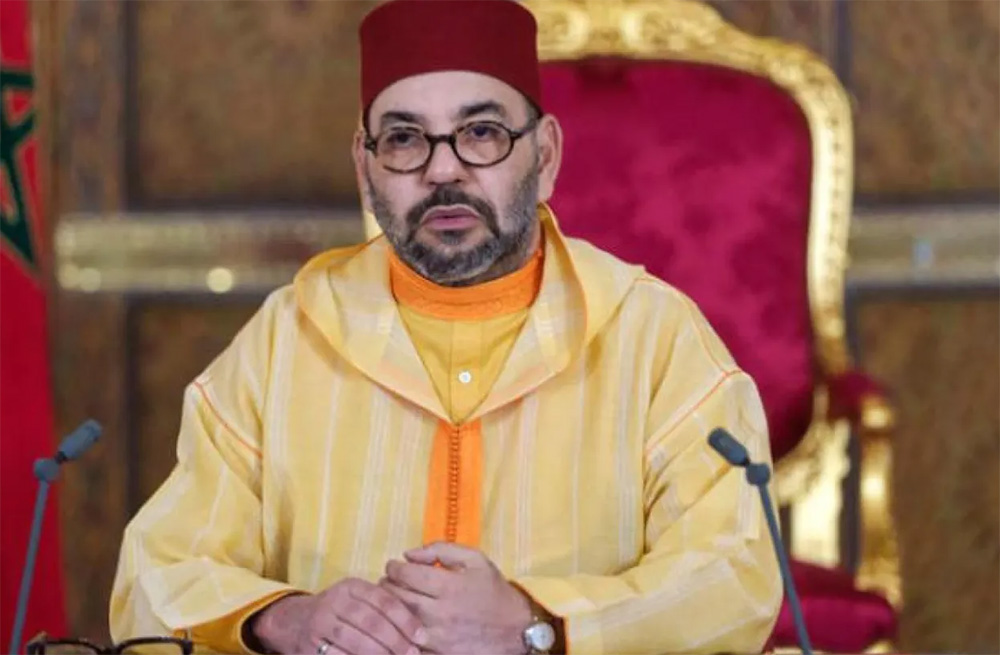
King Mohammed VI of Morocco (AFP photo)
King Mohammed VI also pushed for Morocco’s return to the African Union in 2017. The sovereign felt that would see Morocco more involved in the African continent in a win-win, South-South cooperation approach.
It’s thanks to him that the Moroccan Football Federation, under its president Lekjaa Fouzi’s leadership, has been able to put in place a highly ambitious development plan, which has transformed Morocco into the leader in African football with four international competitions organised on its soil this year alone, before the World Cup, 2030.
Visionary leadership at the federation
Since his election as federation president in 2017, Lekjaa realigned football development in the country. He set up systems that supported talent development and structures that would professionalise football in the country.
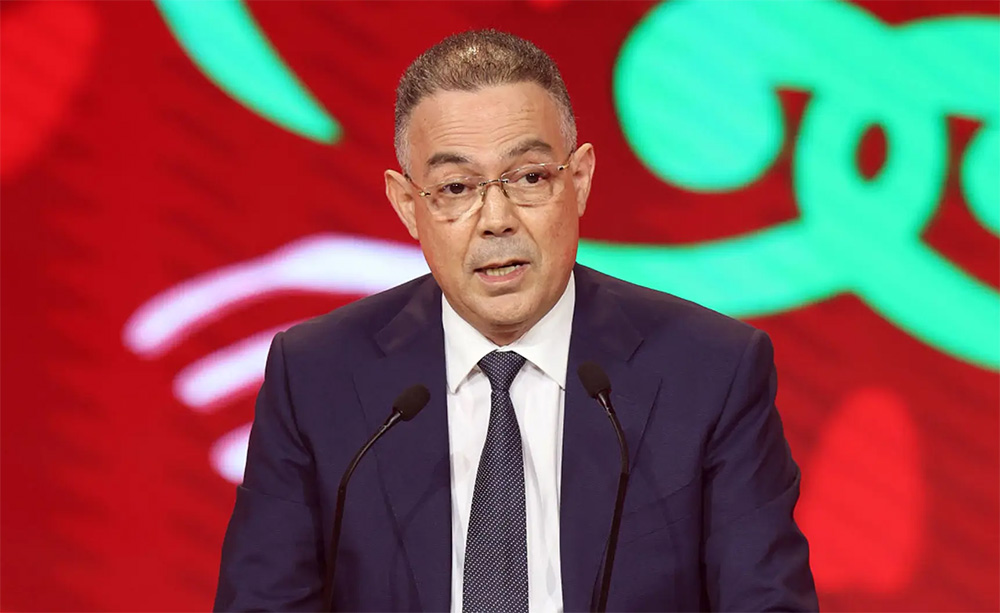
The president of the Moroccan Football Federation, Lekjaa Fouzi. (Courtesy photo)
Morocco’s ambitions towards hosting major championships, enhancing football development in the country were launched over 10 years ago with a deliberate strategy that would elevate the country to the summit of world football.
Football infrastructure
With Lekjaa in place, the national federation worked on developing the sporting infrastructure in the country, building new stadia and renovating existing ones. As a result, Morocco will be able to host the 2025 Africa Cup of Nations across nine cities and successfully host the 2030 FIFA World Cup alongside Spain and Portugal.
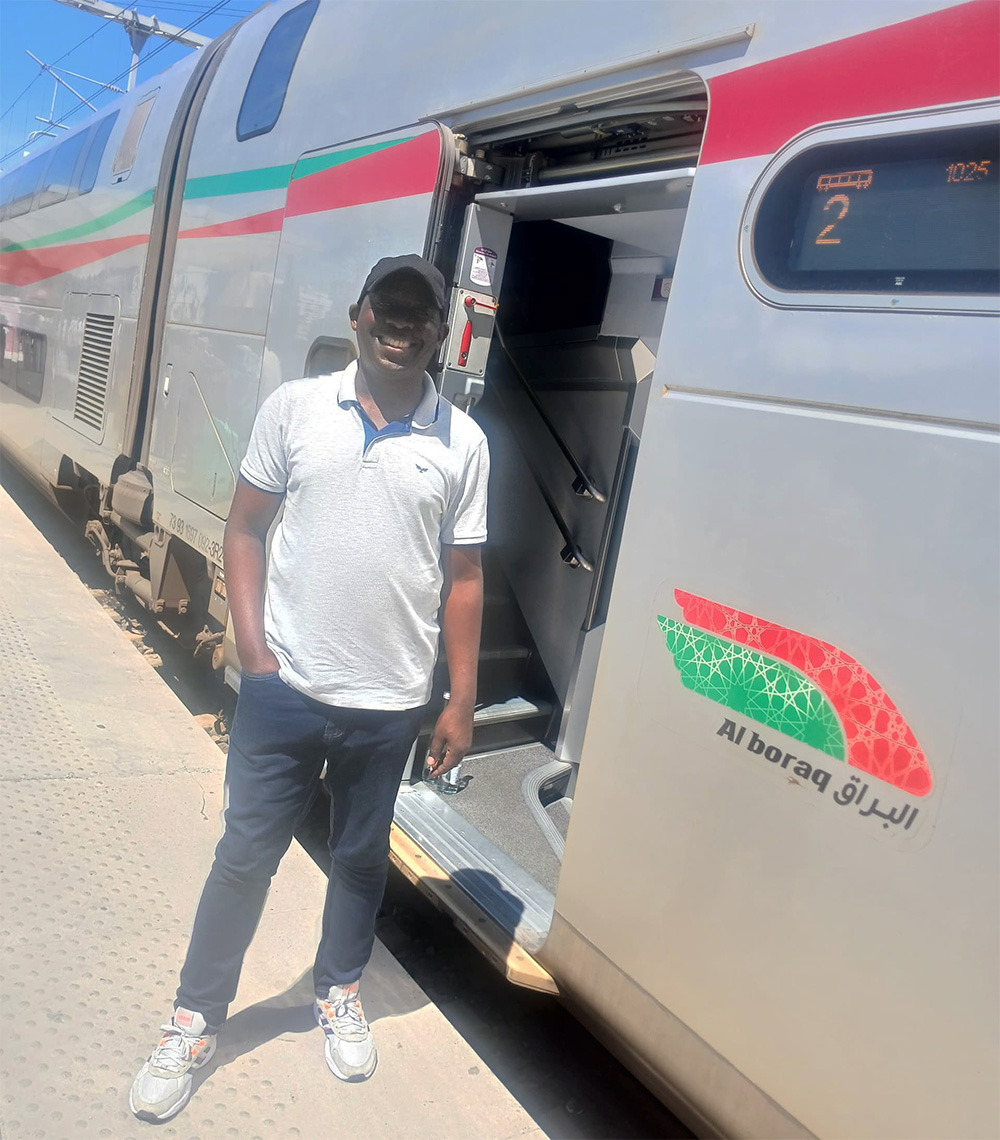
The writer, Fred Kaweesi, disembarks the speed train from Casablanca to Tangiers
The 2025 Nations Cup will be held in six Moroccan cities of Rabat, Casablanca, Marrakech, Agadir, Fes and Tangier. Rabat football fans are particularly fortunate as four of the nine stadiums for this edition are located there. The stadiums are Prince Moulay Abdellah Stadium, Stade Al Barid, Complexe Sportif Prince Heritier Moulay El Hassan, Stade Mohammed, Grand Stade D’Agadir, Grand Stade De Marrakech, Stade De Fes and Grand Stade De Tanger.
Football Academy
The Mohammed VI Football Academy, built at a cost of 13m euros (sh54b), has developed talent at the national level. The academy, the jewel that has produced a number of Moroccan stars, was built on the basis of the best international standards in terms of training centres.
The academy has developed players in a professional environment, and some of the products include Youssef En-Nesyri, Nayef Aguerd, Hamza Mendyl and Azzedine Ounahi.
Clubs
Well aware that clubs are the primary grounds for player development, the Royal Moroccan Football Federation, the sport’s governing body in the country, created an environment that has enabled clubs in the domestic league (Botola Pro) to flourish.
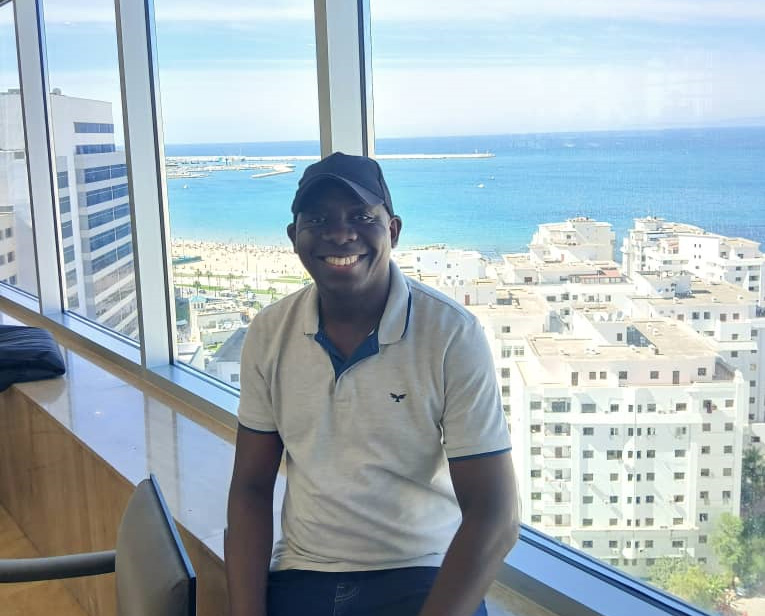
The writer, Fred Kaweesi, at Hilton Hotel that provides a good view to the Atlantic. Hilton will be one of the 2025 AFCON hotels.
The federation has, over the years, supported clubs to set up youth foundations that facilitate talent identification and development. This has improved the Moroccan top football league, which features 16 teams, with Raja and Wydad the most prominent. All clubs have quality training centres that have produced decent talent for Morocco.
Coaches
Morocco has been intentional towards developing football coaches through various initiatives, from underrepresented groups, specialised leadership training, to elite female coaches. The Atlas Lions coach, Walid Regragui, is a product of the system that champions the development of local coaches.
